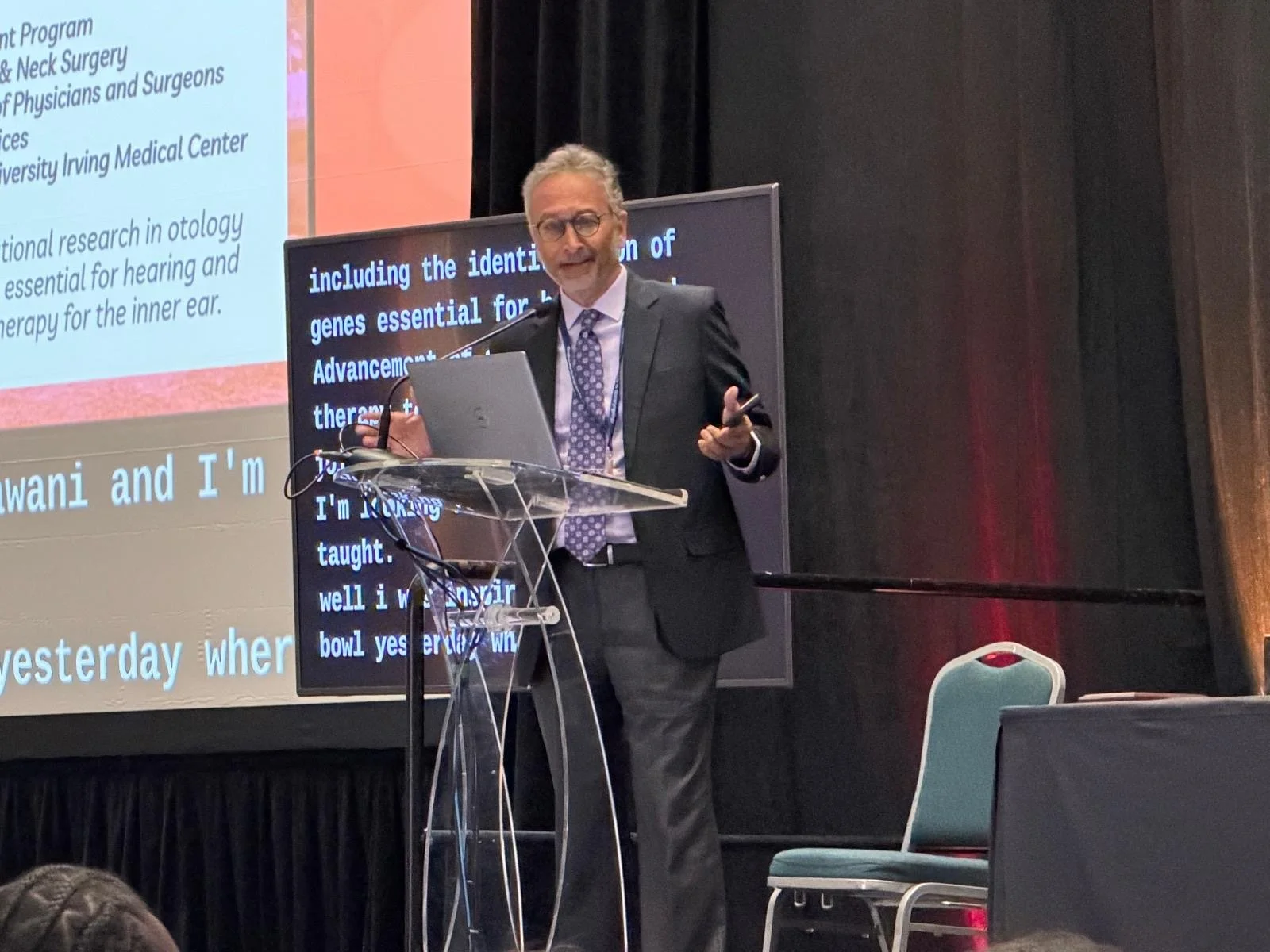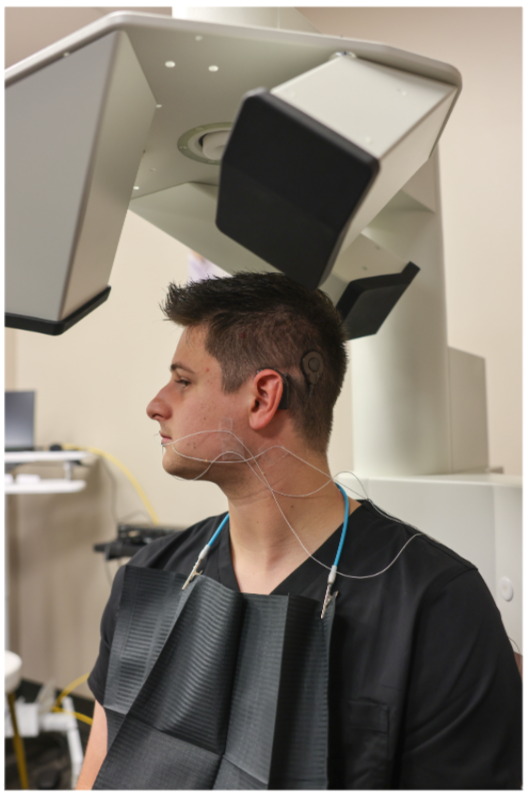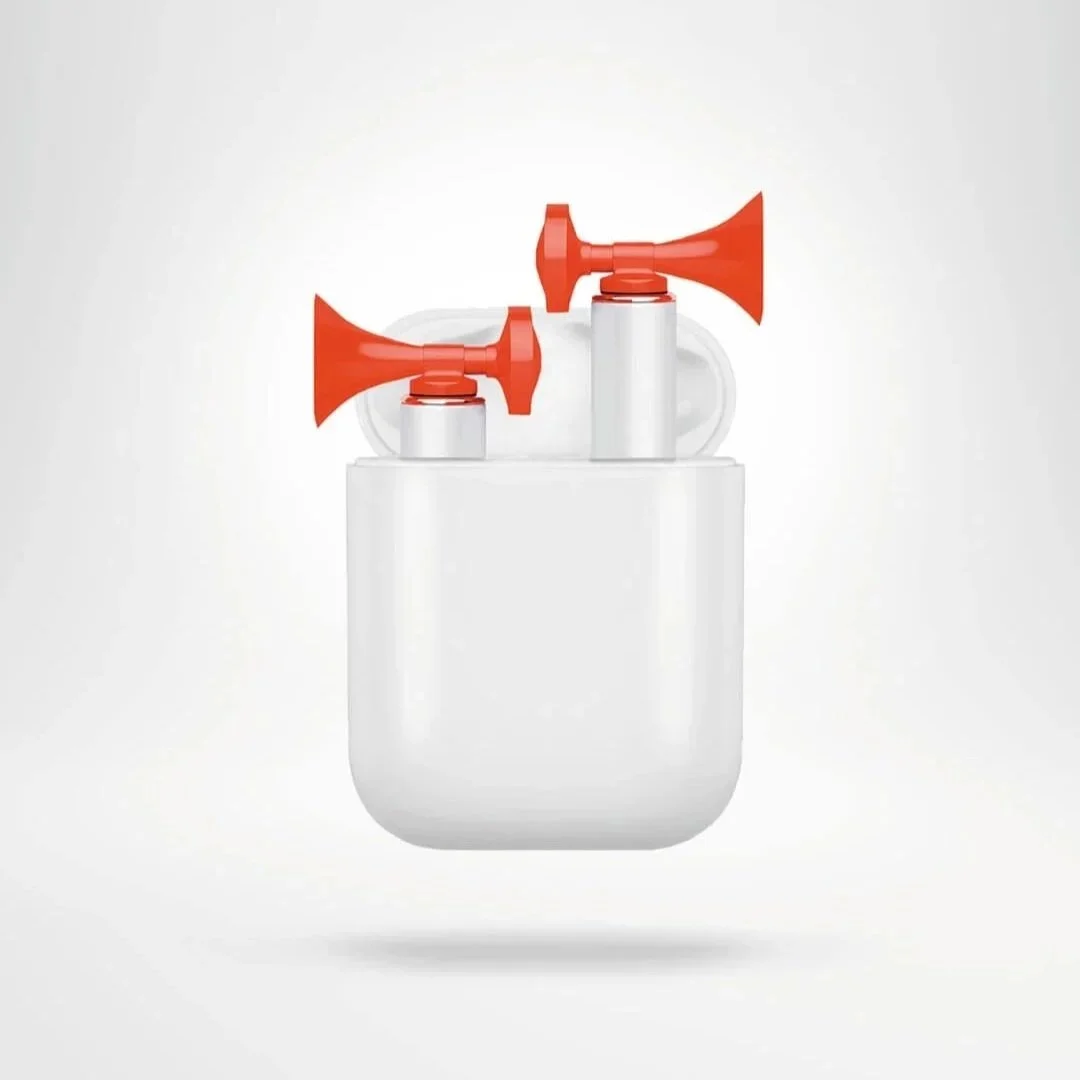By Yishane Lee
The Food and Drug Administration (FDA) announced its final guidelines for over-the-counter hearing aids—making hearing aids available without the need for an exam, prescription, or fitting—on August 16, 2022. The long-awaited FDA ruling improves “access to hearing aids which may in turn lower costs for millions of Americans,” according to the breaking news alert by Hearing Health & Technology Matters, which quotes FDA commissioner Robert M. Califf, M.D., as saying:
Are you over the moon about over-the-counter hearing aids? Credit: chadkrue17 from Pixabay
“Hearing loss is a critical public health issue that affects the ability of millions of Americans to effectively communicate in their daily social interactions,” Califf said. “Establishing this new regulatory category will allow people with perceived mild to moderate hearing loss to have convenient access to an array of safe, effective, and affordable hearing aids from their neighborhood store or online.” (Emphasis added: This new category is only for mild to moderate hearing loss.)
Califf’s remarks at the FDA news briefing were also quoted in The New York Times story: “Hearing loss has a profound impact on daily communication, social interaction and the overall health and quality of life for millions of Americans.”
In addition to airing the concerns that hearing aid manufacturers have, the Times story also picked up on a Cleveland Clinic paper that highlights how hearing health is taken for granted: “Broader appreciation for the importance of keen hearing for adults is off-kilter: A recent survey found that people aged 50 to 80 were twice as likely to plan on taking their pet to the veterinarian in the coming year than to get their hearing checked.”
The same researcher at Cleveland Clinic, Sarah Sydlowski, Au.D., Ph.D., also published a related paper showing that primary care physicians (PCPs) also are not fully addressing the need for hearing healthcare.
Reacting to that study, Kathleen Wallace, Au.D., of Tuned Care, posted on LinkedIn:
“Audiology, and hearing healthcare at large, has a major PR issue. We can’t expect the general public to properly understand and value one’s hearing, let alone pursue hearing healthcare, if the level of understanding among healthcare providers remains so low.“ Wallace cites alarming stats from the study:
Half of PCPs don’t think anything can be done for hearing loss
43 percent surveyed didn’t know what constituted normal hearing despite 95 percent of respondents stating it is important to know the standard definition
Only 17 percent think hearing loss is preventable
Let’s hope all this attention to hearing healthcare and hearing aids helps create a culture shift to where we all take care of our hearing and understand how healthy hearing is intrinsic to overall health, and that this new hearing aid category reduces not only cost but also stigma around treating hearing loss.
We still recommend input from a hearing care professional to assess the degree and type of hearing loss, rule out other medical issues, and treatment options, but this OTC category will greatly reduce the financial burden of self-treating mild to moderate hearing loss. Especially in the case of tinnitus, which is a symptom, not a condition itself, if it is bothersome see a hearing care professional to make sure a medical condition isn’t causing the problem. We want everyone to keep listening, safely.
And finally kudos to Frank Lin, M.D., Ph.D., of Johns Hopkins who has been pushing for greater accessibility for years and got this onto the radar of the federal government—no small feat!
In Hearing Health magazine, HHF covered the pros and cons about the initial PSAP (personal sound amplification product) category, unregulated by the FDA, in 2016.







Hearing contributes directly to independence, confidence, and how actively people participate in daily routines, and regular hearing checks deserve the same kind of attention people already give to routine doctor or dental visits.